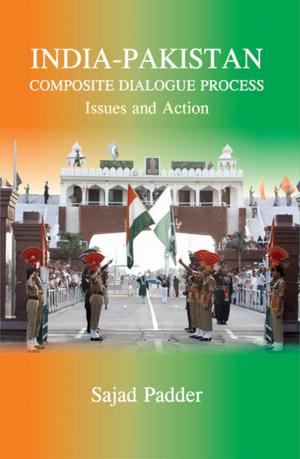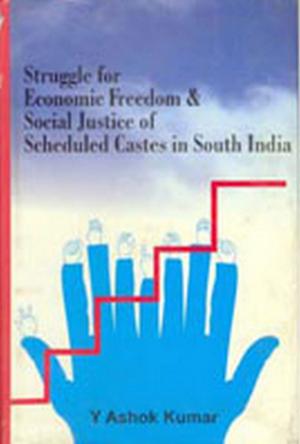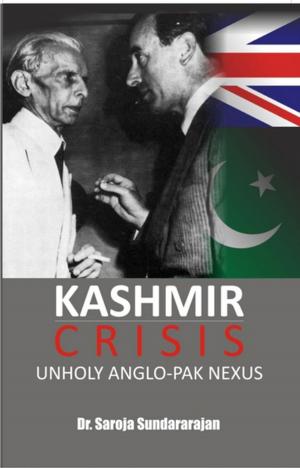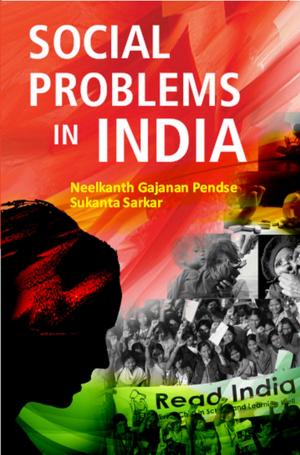Jurisprudence in India
Through the Ages
Nonfiction, Social & Cultural Studies, Political Science, Politics, Law Enforcement| Author: | D. D. Aggarwal | ISBN: | 9789351286776 |
| Publisher: | Kalpaz Publications | Publication: | June 30, 2002 |
| Imprint: | Kalpaz Publications | Language: | English |
| Author: | D. D. Aggarwal |
| ISBN: | 9789351286776 |
| Publisher: | Kalpaz Publications |
| Publication: | June 30, 2002 |
| Imprint: | Kalpaz Publications |
| Language: | English |
The book Jurisprudence in India: Through the Ages, is another link in the attempt made by the writer in tracing the modern systems—administrative, political, religious, spiritual, social and legal—available in our ancient times and which have been lost sight of with the passage of time, particularly because of over 600 years of Mohammedan rule followed by British rule. In the present book, the existence of judicial system in India in Vedic period, Hindu period, Mohammedan period and British period has been traced out that our Smritis contain the provisions of present codes of laws—I.P.C., Cr.P.C., C.P.C., Evidence Act, etc.—in more elaborate way, establishing that what British think they have given to India (present legal system) was already available in our ancient India and had eclipsed during Mohammedan rule, when Shariat was in vogue, which did not have detailed codified laws and legal system. This book will certainly be of interest to the people having interest in the ancient Indian systems compared with the modern ones.
The book Jurisprudence in India: Through the Ages, is another link in the attempt made by the writer in tracing the modern systems—administrative, political, religious, spiritual, social and legal—available in our ancient times and which have been lost sight of with the passage of time, particularly because of over 600 years of Mohammedan rule followed by British rule. In the present book, the existence of judicial system in India in Vedic period, Hindu period, Mohammedan period and British period has been traced out that our Smritis contain the provisions of present codes of laws—I.P.C., Cr.P.C., C.P.C., Evidence Act, etc.—in more elaborate way, establishing that what British think they have given to India (present legal system) was already available in our ancient India and had eclipsed during Mohammedan rule, when Shariat was in vogue, which did not have detailed codified laws and legal system. This book will certainly be of interest to the people having interest in the ancient Indian systems compared with the modern ones.















